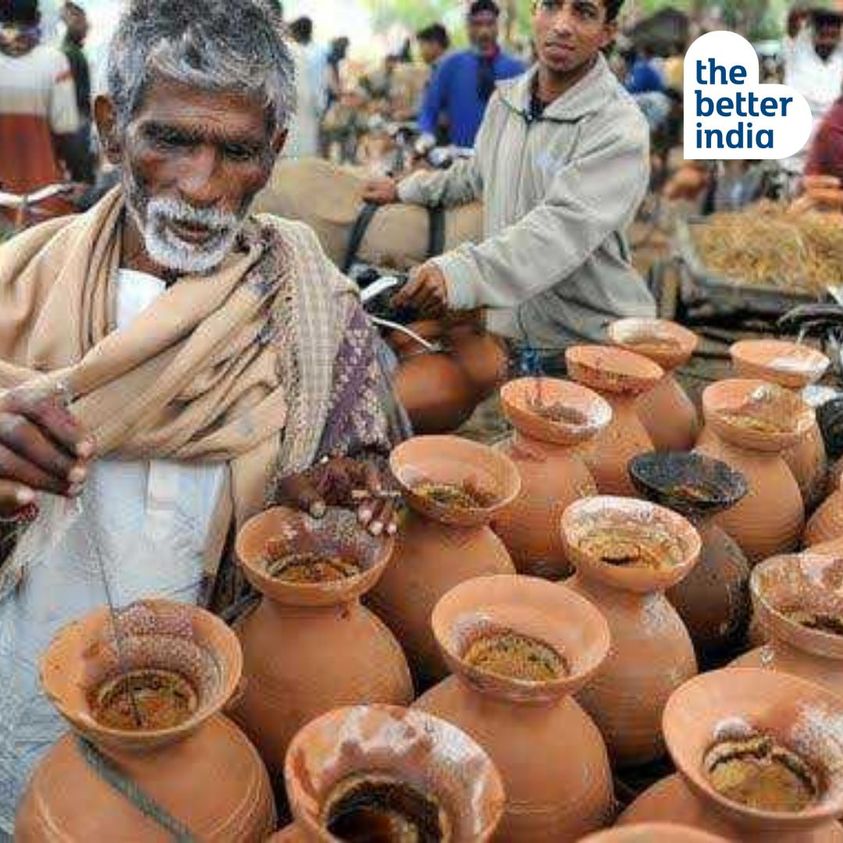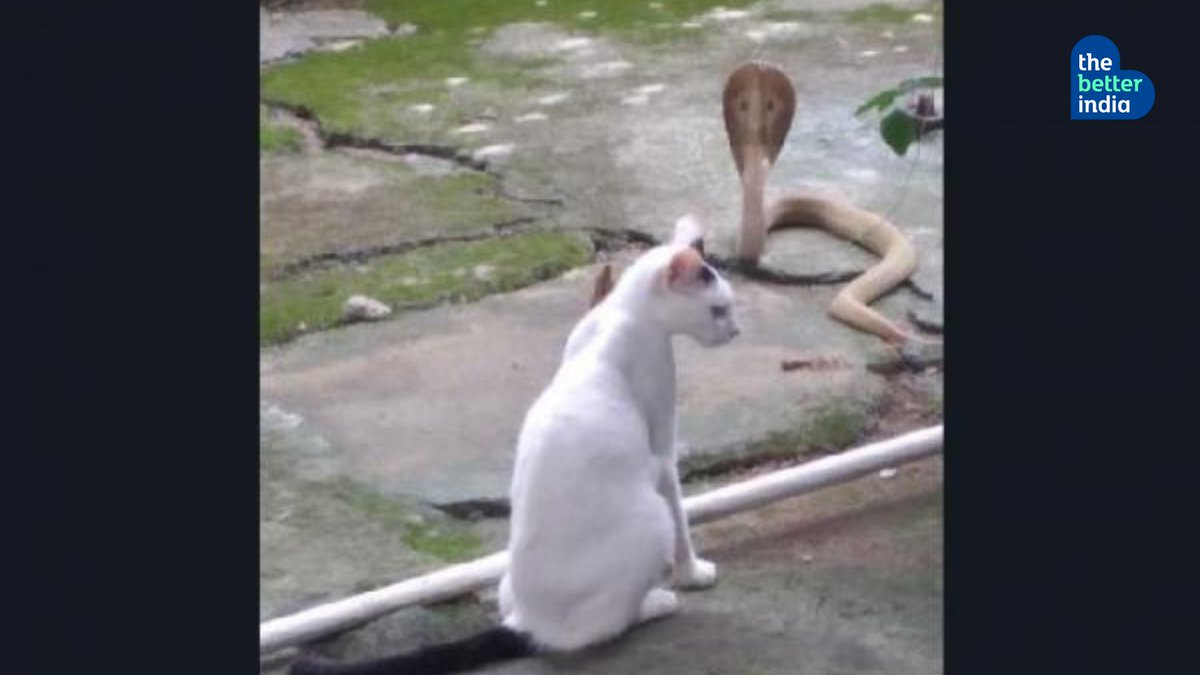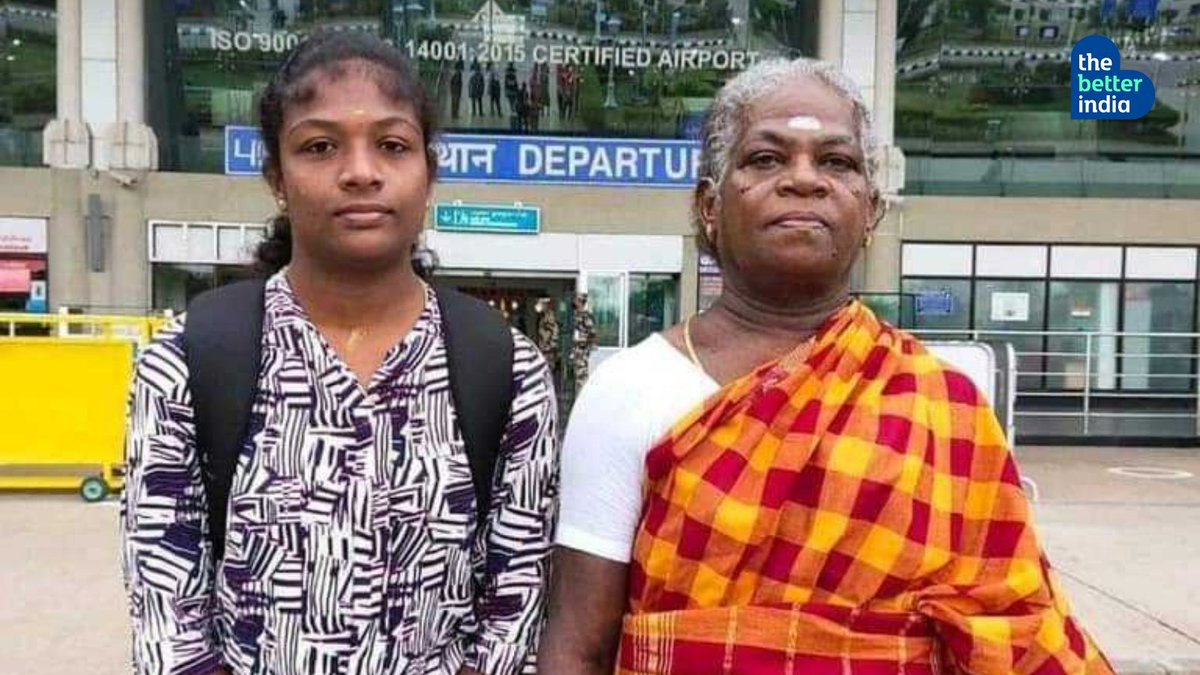
(1/15) About a decade ago, a Boston-based social entrepreneur and cognitive scientist of Indian origin, Venkat Srinivasan along with Sanjay Gupta, previously Chairman of American Express India came together to build a unique company, @EnglishHelperEH 

(2/15) They wanted to use technology to provide learning solutions for students in government schools. What started with a few hundred schools has now managed to expand its impact to thousands.
3/15) Helping millions of students learn & use the English language to further their academic & professional careers. Deployed in various forms to benefit individual students, teachers, schools & young adults, English Helper launched an initiative called @RightToReadInin 2013.
(4/15) The eponymous initiative introduced a multisensory reading and comprehension software, which helped read out English textbooks using Artificial Intelligence.
(5/15) Vineet Mehra, Vice President and Chief Operating Officer (K12) of English Helper, shares how we learn languages in various stages. Even before we start to speak, our brain begins to associate and relate everyday objects and situations with words, through sound and sight.
(6/15) It is through this visual and aural exposure that language learning develops into the spoken and written form — making the multisensory approach the ideal one.”
Over time we have come to understand that the best way a language is learnt is through multisensory exposure.
Over time we have come to understand that the best way a language is learnt is through multisensory exposure.
(7/15) A wholesome approach that helps learners listen, read, write, comprehend and speak the language simultaneously. While on one hand, the focus is to help students learn English in a better way, on the other, we also work towards supporting and empowering the teachers.
(8/15) Our technology complements the existing syllabus, which helps in making the classes more engaging and positively impacts students’ retention rate, says Vineet.
(9/15) Available in three forms, the ReadToMe School Edition, ReadToMe Virtual Classroom and ReadToMe Student Edition softwares have helped bridge the gap in education, even during the pandemic.
(10/15) Another initiative is a 100-day online self-learning program called EnglishBolo™, which is helping teachers in government schools improve their spoken English.
(11/15) Throughout their journey, they have been supported by several prominent tech companies like Intel Corporation, with respect to sponsorship, technical assistance and scaling up.
(12/15) “From uploading the content on DVDs to putting everything on the cloud, we have come a long way in terms of technological development and Intel has been there supporting us since the beginning,” adds Vineet.
(13/15) In partnership with @IntelIndia
and Amazon Web Services (AWS), English Helper has been able to scale and provide the software to government schools across India. Utilising key capabilities of AWS instances powered by Intel Xeon Processors Intel Xeon Processors.
and Amazon Web Services (AWS), English Helper has been able to scale and provide the software to government schools across India. Utilising key capabilities of AWS instances powered by Intel Xeon Processors Intel Xeon Processors.
(14/15) This has led to a seamless deployment of the RightToRead program in schools across urban and rural parts.
Thanks to such collaborations, English Helper has managed to implement the programme in 28,000 schools.
Thanks to such collaborations, English Helper has managed to implement the programme in 28,000 schools.
(15/00) Helping almost 10 million students and 1.2 lakh teachers across the country. Owing to this positive graph, they hope to help at least 100,000 schools improve their English education by 2022.
#HowWonderfulGetsDone #AIForGood
#HowWonderfulGetsDone #AIForGood
• • •
Missing some Tweet in this thread? You can try to
force a refresh









